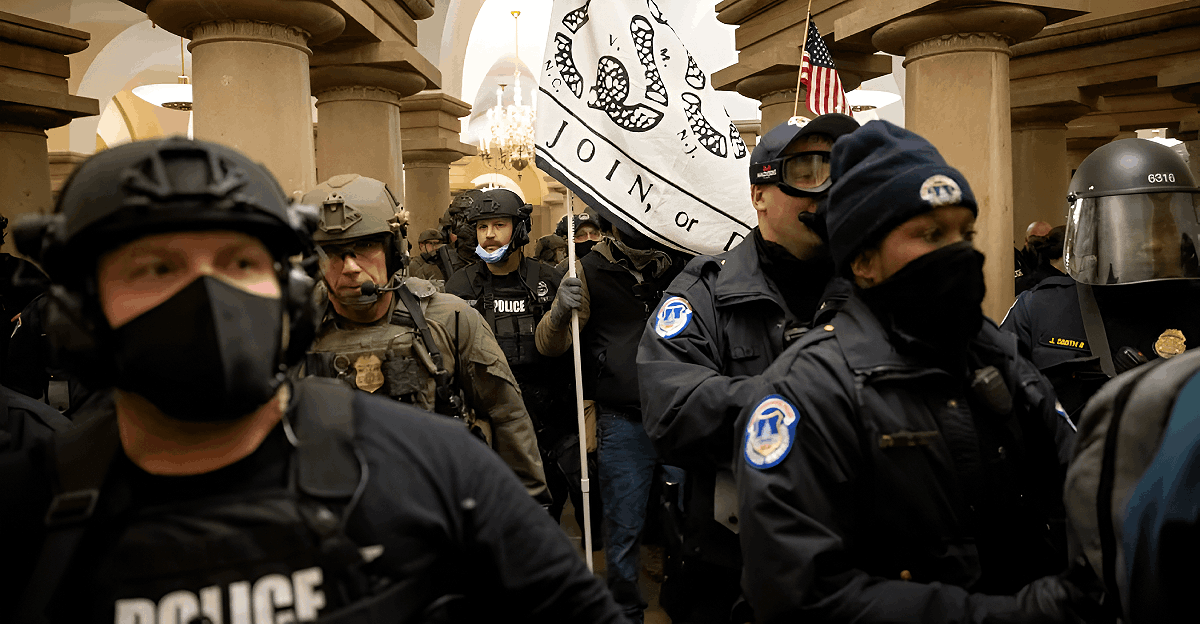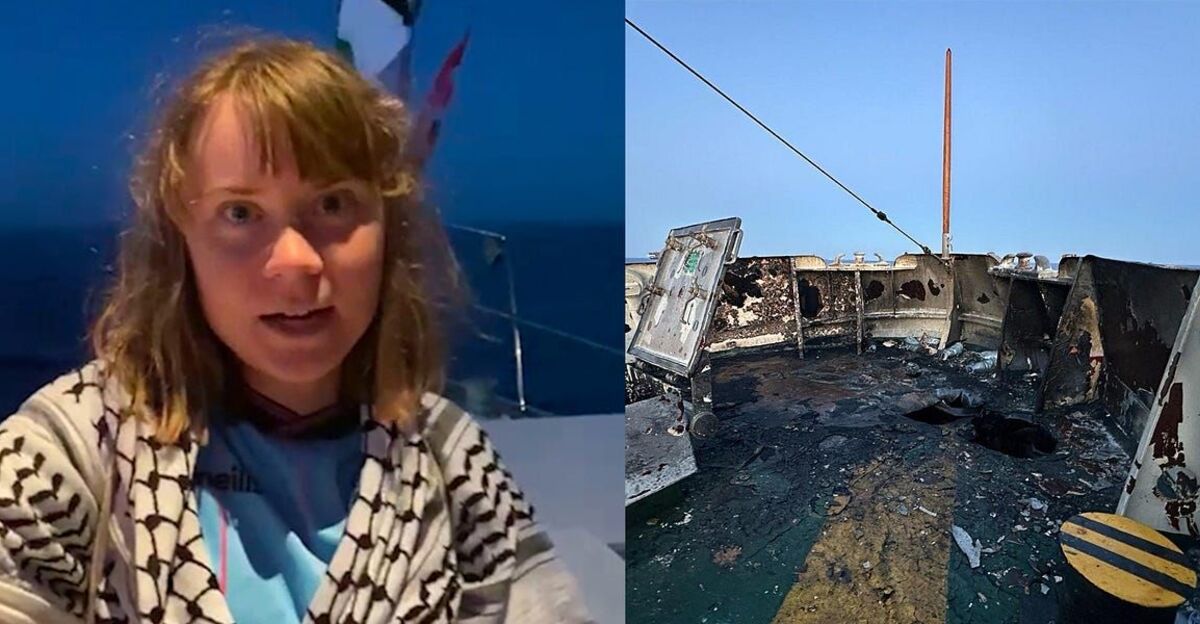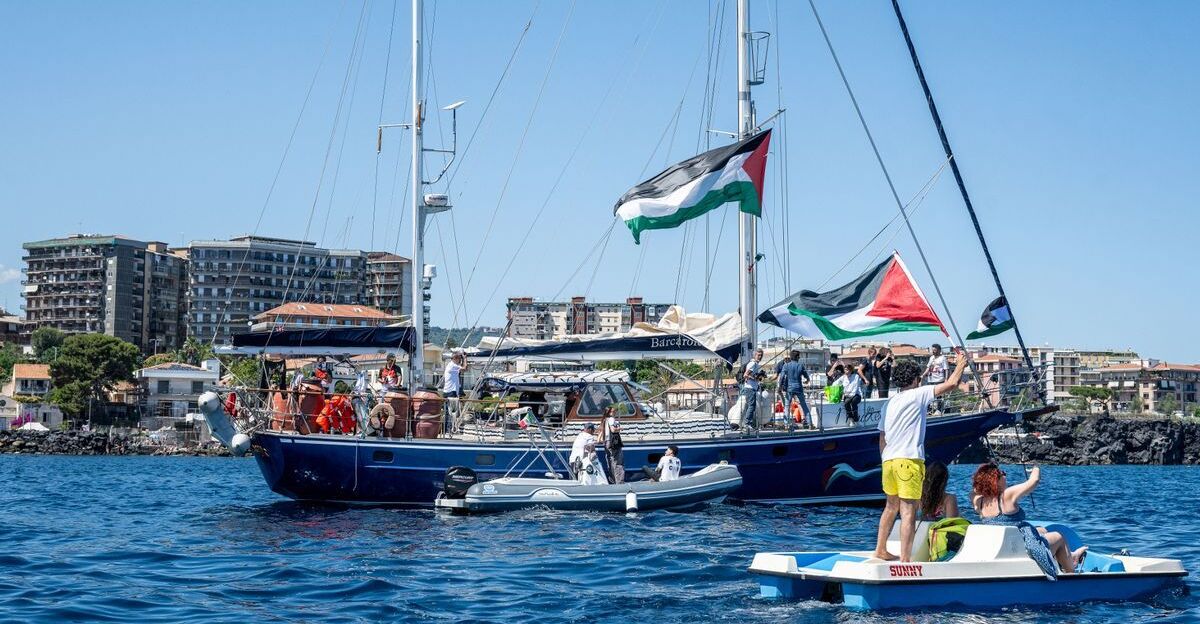
Italy and Spain have sent naval vessels into the eastern Mediterranean, a move that has dramatically shifted regional dynamics. The decision follows repeated drone attacks against the Global Sumud Flotilla, which carries humanitarian aid toward Gaza’s embattled shores.
Activists—including Greta Thunberg—reported communications jamming and explosions near their boats as they sailed south of Greece. After these incidents, Italian Defence Minister Guido Crosetto said, “It is not a war act. It is an act of humanity, a duty of a state towards its citizens.”
Spanish Prime Minister Pedro Sanchez similarly stated their warship’s purpose is “to protect vulnerable lives and uphold law at sea.” Both governments acted swiftly and publicly to declare their non-military intent.
This unprecedented European intervention reflects mounting anguish over conditions in Gaza. Nearly two years of conflict have devastated the region. Today, a UN-backed food authority has designated Gaza’s main city as famine-stricken.
Activists and flotilla organizers argue that Israel’s blockade—now enforced for 18 years—has deepened the humanitarian crisis. They claim this convoy represents the boldest effort yet to break the blockade and highlight the suffering of Palestinian civilians.
Israel, however, maintains that the blockade is necessary to prevent weapons from reaching Hamas, and has called the flotilla’s mission “dangerous and irresponsible.”
European Naval Response Raises Stakes

The Global Sumud Flotilla departed Spain on September 1. It consists of 52 small boats crewed by activists and officials from across 46 countries—among them Thunberg, former Barcelona mayor Ada Colau, and legal experts. As the convoy traveled across the Mediterranean, drones reportedly targeted it in three separate incidents, most recently overnight on September 24.
According to flotilla accounts, at least 13 blasts occurred on or near ten different vessels. Explosives damaged several boats, though all organizers confirm no injuries so far. Moreover, hackers jammed radios and blasted ABBA songs, aiming to unnerve the participants.
Right after the latest drone attack, Italy’s and Spain’s militaries launched warships from Cagliari and Cartagena to protect their citizens and provide immediate support. Italian officials also proposed sending the flotilla’s aid overland via Cyprus, for delivery to Gaza by the Catholic Church. However, activists rejected this alternative, insisting on direct maritime delivery to maximize impact and attention.
Tensions Mount as Flotilla Nears Gaza

Meanwhile, both countries’ actions have set off demonstrations and diplomatic reactions across Europe and the Middle East. Thousands protested in Rome and Madrid, demanding stronger aid missions and more international oversight. Inside the United Nations, Spain and Italy leveraged their moves for broader calls to relax blockades and ensure critical supplies reach Gaza directly.
Critics in Israel and allied governments have decried the naval escort as an unacceptable breach of Israeli sovereignty. Nevertheless, as the flotilla sails closer to Gaza, the world watches to see if escorting warships will escalate further confrontation or open new channels for relief.
Ultimately, both nations insist their warships are about safeguarding lives, not provoking war. “The world is watching. We are acting for humanity,” Crosetto reiterated, as attention focuses on Gaza’s coastline, the fate of the flotilla, and Europe’s evolving response.